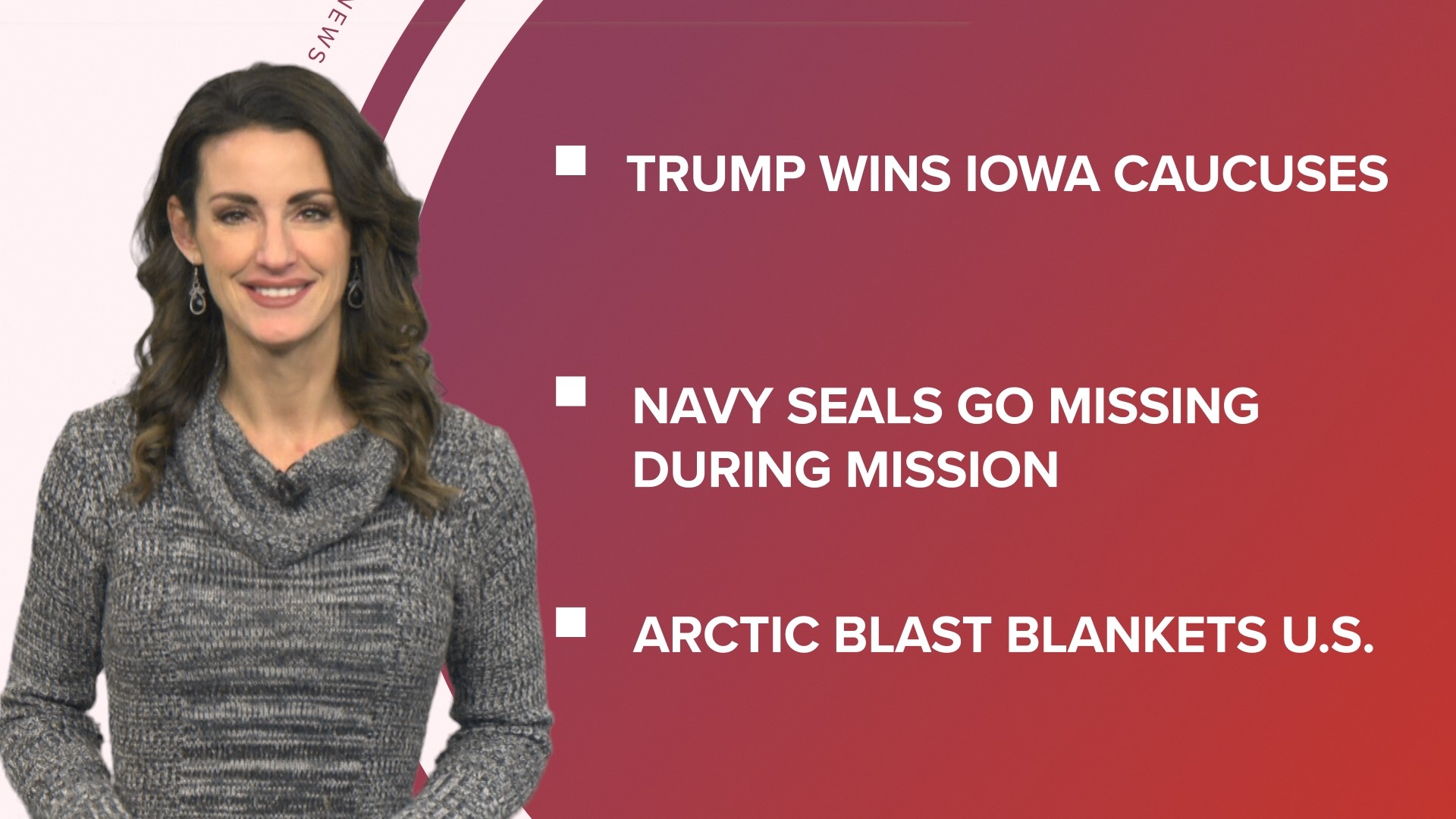WASHINGTON — A federal judge denied former White House trade adviser Peter Navarro’s bid for a new trial Tuesday, saying there was no evidence jurors were influenced by protesters when they took a fresh-air break outside of the courthouse before convicting him last year of defying a congressional subpoena.
Navarro, who was an economic policy adviser and at times political surrogate for former President Donald Trump, was convicted last year of two misdemeanor counts of contempt of Congress for refusing to provide documents or sit for a deposition before the January 6th Committee. Navarro was the second former Trump adviser, after Trump campaign manager Steve Bannon, to be indicted on charges of contempt of Congress. Bannon was convicted at trial on the same charges in 2022 and sentenced to four months in prison, although his sentenced was stayed while he pursues an appeal.
In his book “In Trump Time,” Navarro outlined how he and Bannon were part of a strategy to overturn the 2020 presidential election dubbed “the Green Bay Sweep” which called for supportive Republican members of Congress to repeatedly object to certifying slates of electors. Navarro received a subpoena in February 2022 from the January 6th Committee seeking ten categories of documents and testimony about his involvement in the plan, but Navarro declined to turn over any materials and did not appear for his deposition. The House of Representatives voted to hold him in contempt of Congress in April 2022 and he was indicted by a federal grand jury two months later.
Navarro remained defiant throughout the case, calling the January 6th Committee a “sham committee” and arguing he was protected by executive privilege as a White House adviser. U.S. District Judge Amit P. Mehta, who presided over Navarro’s trial, rejected that defense on similar grounds as another judge who found Bannon, who had also briefly been a White House adviser, wasn’t covered – namely, that Trump had never invoked executive privilege on their behalf.
Navarro was convicted in September but immediately sought a new trial – arguing jurors had been prejudiced by seeing protesters outside of the federal courthouse in D.C. when they took a short fresh air break before delivering their verdict. Mehta ordered an evidentiary hearing on Sept. 13, during which three videos showing the jurors outside for a total of eight minutes were reviewed. The judge also heard testimony from the courthouse security officer who escorted the jurors during the break.
In his order Tuesday denying Navarro’s motion, Mehta said the court security officer who escorted the jurors outside testified that “no one approached the jurors, spoke to them, or asked them any questions… She also noted no expressions of concern by any juror.” He also said none of the jurors were wearing their juror badges outside and none of the videos he reviewed shows the jurors ever looking at signs behind held by protesters. Mehta said, in summary, there was no evidence any juror ever interacted with three men who were protesting outside the building during their break.
“None of them, nor anyone else, approached the jurors or directed any words towards them,” Mehta wrote. “None of the men pointed their signs toward the jurors. In fact, the two men filming did not seem to recognize the group as jurors, let alone the jurors in Defendant’s case. Furthermore, the evidence does not establish that the jurors saw either of the signs held by the two men filming or what those signs said.”
Mehta’s decision means Navarro will continue to sentencing later this month on Jan. 25. He faces a mandatory minimum sentence of 30 days in jail, and a maximum sentence of one year in prison on each count. Sentencing memos from both Navarro’s attorneys and prosecutors were due Thursday.
A panel of D.C. Circuit judges heard oral arguments on Bannon’s appeal in November, and appeared skeptical toward his arguments that he should have been allowed to tell jurors he was following advice from his lawyer when he failed to provide documents or testimony in response to his congressional subpoena. As of Tuesday, the panel had yet to release its ruling.

